Utilizing asparagus companion plants is an excellent way to maximize the productivity and health of your asparagus patch. Yep, plants have friends and foes, too!
Certain plants can be beneficial friends for asparagus, but then others can actually cause harm and should be avoided at all costs! In this article, we’re going to tackle the 5 BEST and the 3 WORST companion plants.
Let’s jump in!
*Disclosure: This post may contain affiliate links to products (including Amazon). I’ll earn a small commission if you make a purchase through my link, at no additional cost to you! Regardless, I only link to products that I personally use on our homestead or believe in.
What is Companion Planting?
Companion planting involves growing certain plants together in a way that benefits each other. It is based on the idea that certain plants can improve the growth and health of nearby plants through a variety of mechanisms.
Some benefits of companion planting:
- Create a more diverse and resilient ecosystem
- Repelling pests
- Providing beneficial nutrients
- Improving soil quality
- Attracting beneficial insects
- Attracting pollinators
An added benefit is that it also allows you to get away with closer plant spacing – a huge win if you have a small garden!
The 5 BEST Asparagus Companion Plants
Asparagus doesn’t like to be bothered much, but it does have a few friends. Here’s who made the cut:
- Basil
- Parsley
- Nasturtium
- Tomatoes
- Dill
#1: Basil
Basil is a lovely addition to the garden (hello pesto!) and can be nestled right up next to your asparagus patch. Basil is one of the few friends of asparagus, and here’s why!
- Has aromatic compounds that repel the asparagus beetle – hooray!
- Attracts beneficial insects
- Attracts pollinators (when flowering)
#2: Parsley
Parsley provides benefits very similar to basil. Plant them both alongside your asparagus patch and enjoy having delicious, fresh herbs all season! Take it one step further by drying them so you can utilize these herbs all year! So, what does Parsley do?
- Has aromatic compounds that repel the asparagus beetle – hooray!
- Attracts beneficial insects
#3: Nasturtium
The beautiful nasturtiums are a very common companion plant – benefiting most any plant out there! Plus, they are edible! Here’s what they can do for your asparagus patch:
- Attracts beneficial pollinators
- Attracts beneficial predatory insects
- Can be used as a trap crop to keep the pests off of your other vegetables
- Provides a living mulch to reduce weed pressure and moisture loss
#4: Tomatoes
Tomatoes stick out like a sore thumb in the middle of this list of herbs and flowers, but hear me out! Tomatoes actually have a few secret weapons that can help asparagus:
- Tomatoes emit a compound called solanine that can repel asparagus beetles and other pests
- They also repel nematodes, which can cause damage to plant roots
#5: Dill
Yummmm there’s nothing better than fresh dill straight from the garden, right? What makes this delicious herb is that it could help out your asparagus patch by hanging out nearby. Here’s what dill can do:
- Has aromatic compounds that repel pests
- Attracts beneficial pollinators (especially the swallowtail butterfly!)
- Attracts beneficial predatory insects
- Has a shallow root system, so unlikely to disrupt the deep asparagus crowns
3 Plants to AVOID Planting Near Asparagus
Asparagus definitely has some foes in the plant world! Here are the top 3 veggies that I would avoid planting next to your asparagus at all costs:
- Allium Family (onion, garlic, leeks, shallots, chives)
- Potatoes
- Carrots
#1: Allium Family (onion, garlic leeks, shallots, chives)
The allium family is one of those that can either really help certain plants (and repel pests), but it can also hinder the growth of others (like asparagus!). There are a few things going on here:
- They will use up precious nutrients that asparagus needs (they are nutrient hogs!), resulting in stunted and slow growth
- Garlic, specifically, is planted fairly deep and can disrupt the deep asparagus crowns
- They have been shown to introduce Fusarium spp. which can cause asparagus crown and root rot – no thank you!
#2: Potatoes
As another deep-rooted vegetable, both potatoes and asparagus will fight with each other. Here’s what you might notice:
- Stunted growth in both plants as a result of nutrient and moisture competition
- Physical disruption of the deep asparagus crowns
#3: Carrots
Lastly, carrots should absolutely be avoided right next to your asparagus plants. They are also deep-rooted vegetable that can cause issues. Here’s what’s going on:
- They will use up precious nutrients that asparagus needs, resulting in stunted and slow growth
- Physical disruption of the deep asparagus crowns
- They are also plant-foes with dill, which is a beneficial companion plant to asparagus
Real Talk about Asparagus Companion Planting
While asparagus does have a few companion plants that we discussed above, it truly is an introvert in the plant world. They like to be left alone as much as possible.
While companion planting is possible, your asparagus plants will be more than happy to be left on their own, too. That’s what I personally do 🙂
Other Gardening Articles You’ll Love:
- 5 BEST Pumpkin Companion Plants (and 3 to AVOID!)
- Rhubarb Companion Plants: Friend or Foe?
- 5 Best Eggplant Companion Plants (and 3 to AVOID!)
- 5 BEST Dill Companion Plants (and 2 to AVOID!)
Final Thoughts
Companion planting is a fun and eco-friendly way to support the health and productivity of your asparagus patch. By selecting the right companion plants, you can help keep pests at bay, enrich your soil, and provide your asparagus with the nutrients it needs to thrive.
With a little bit of creativity and care, you can create a beautiful and bountiful garden that will delight both you and your asparagus for years to come. So why not give it a try?
*Information in this article was referenced from personal experience and/or from my favorite gardening book: The Vegetable Gardener’s Bible, unless otherwise noted.
The Homesteading RD's Product Picks: | |
This is THE gardening book to have! I've had my copy for over 10 years and it's the one that I keep going back to time after time. It provides design ideas for raised beds, compost bins, you name it! Plus helpful tables for pH ranges, companion plants and more. | |
Are you interested in starting a garden, but you’re overwhelmed with where to start? Or maybe you’ve tried a garden in the past, but it flopped? Definitely check out my NEW course How to Plan a Garden: Step-By-Step! Don’t forget my coupon code “GARDEN” for 10% off!

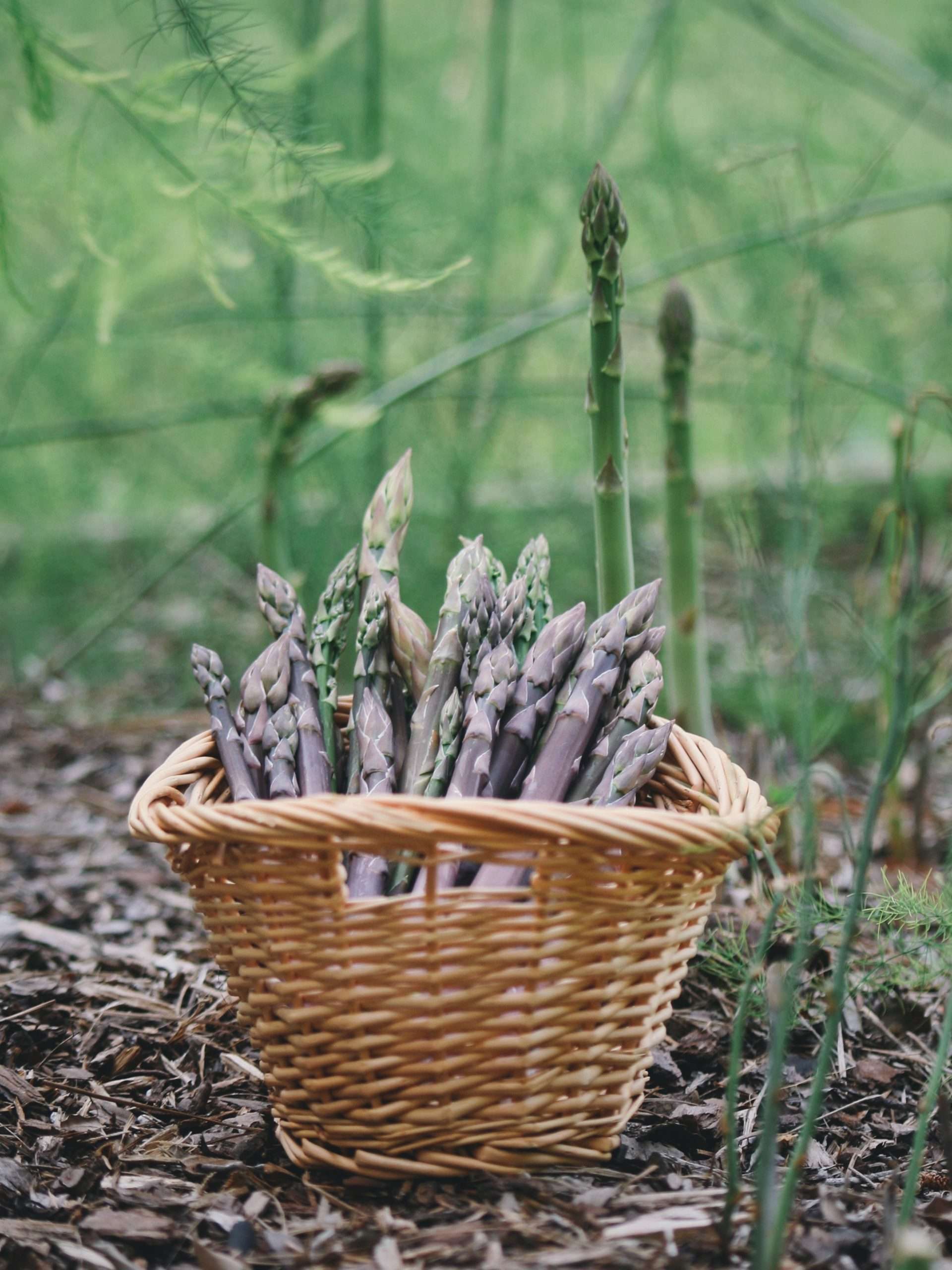
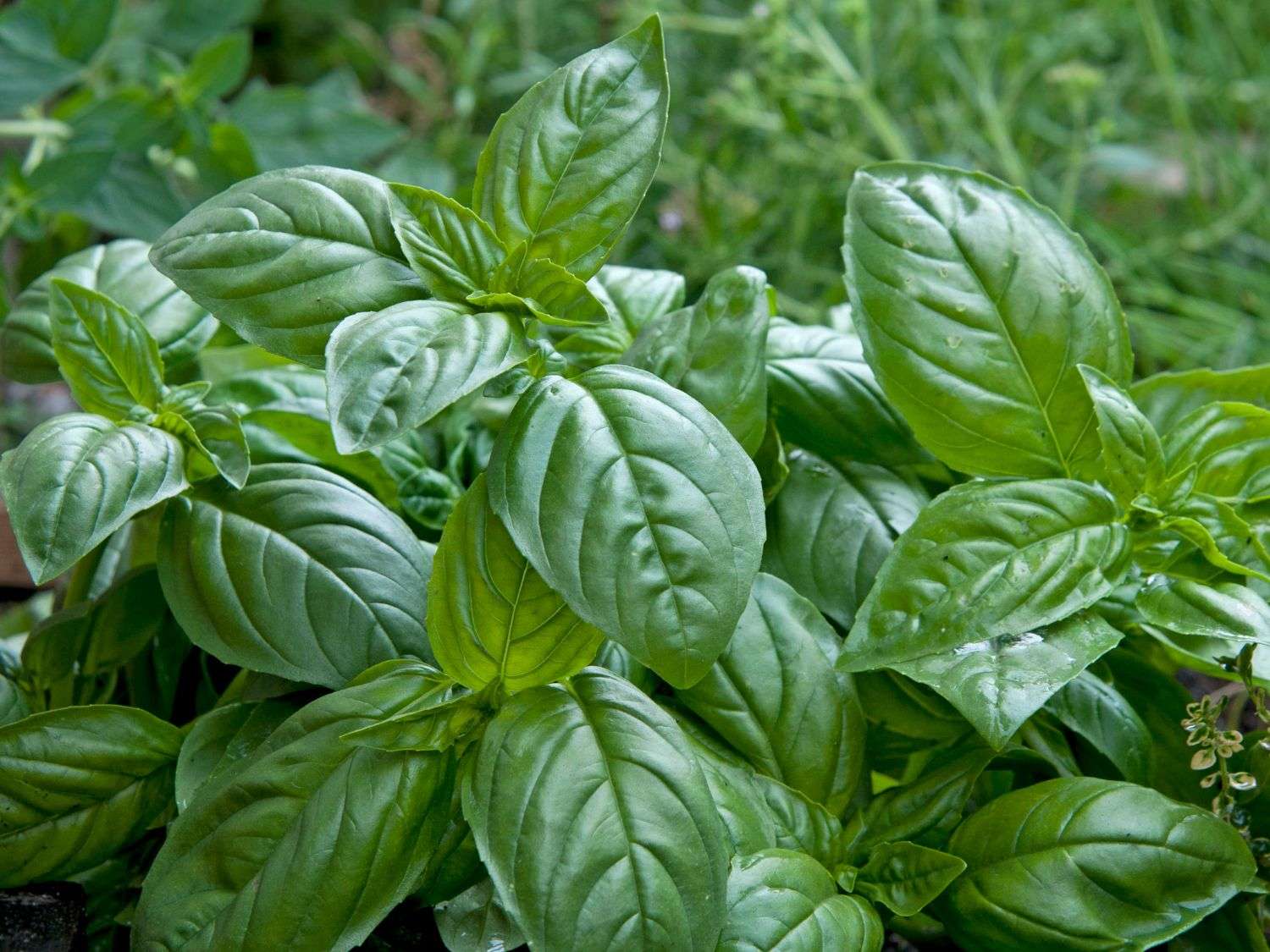
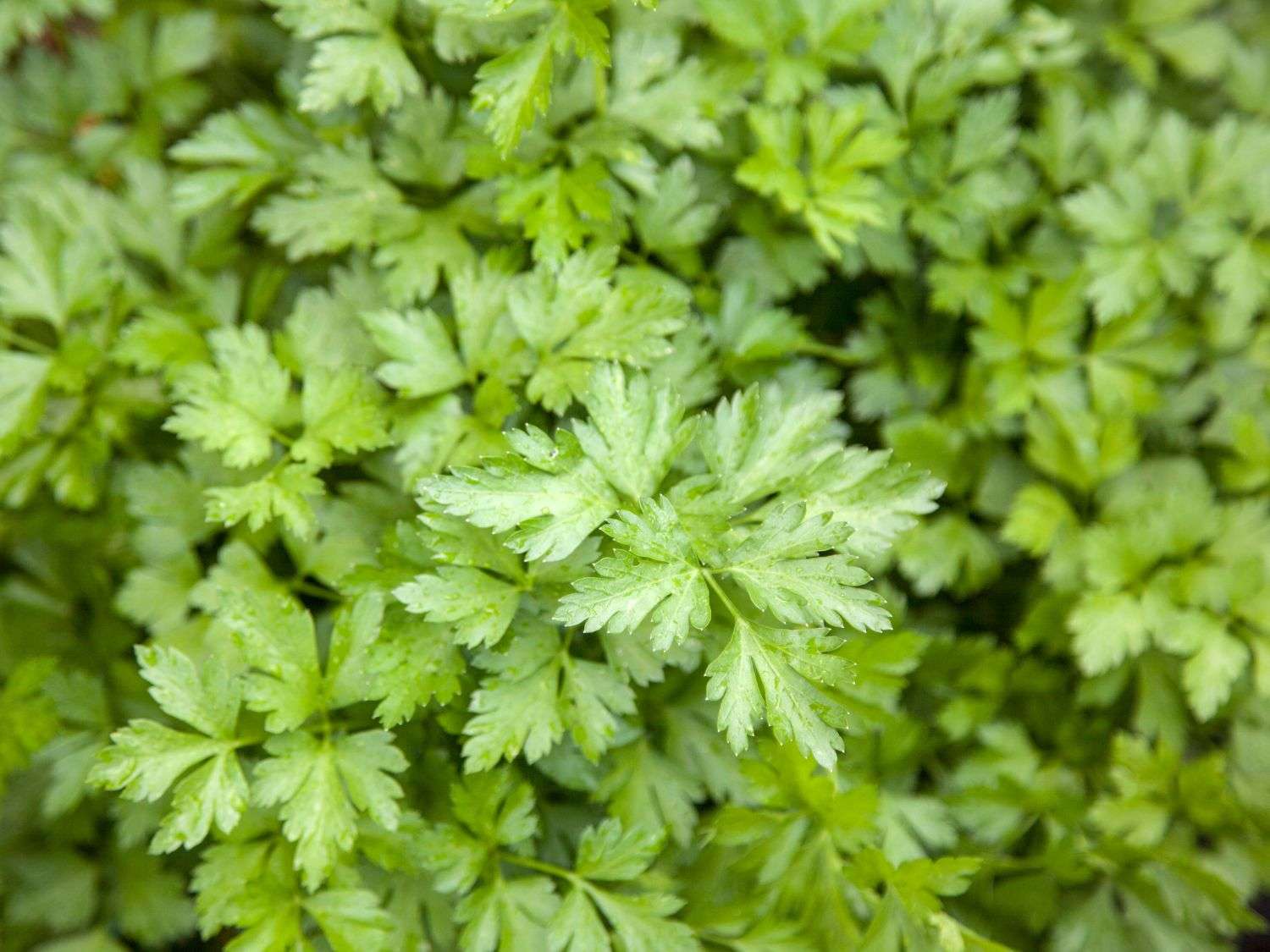
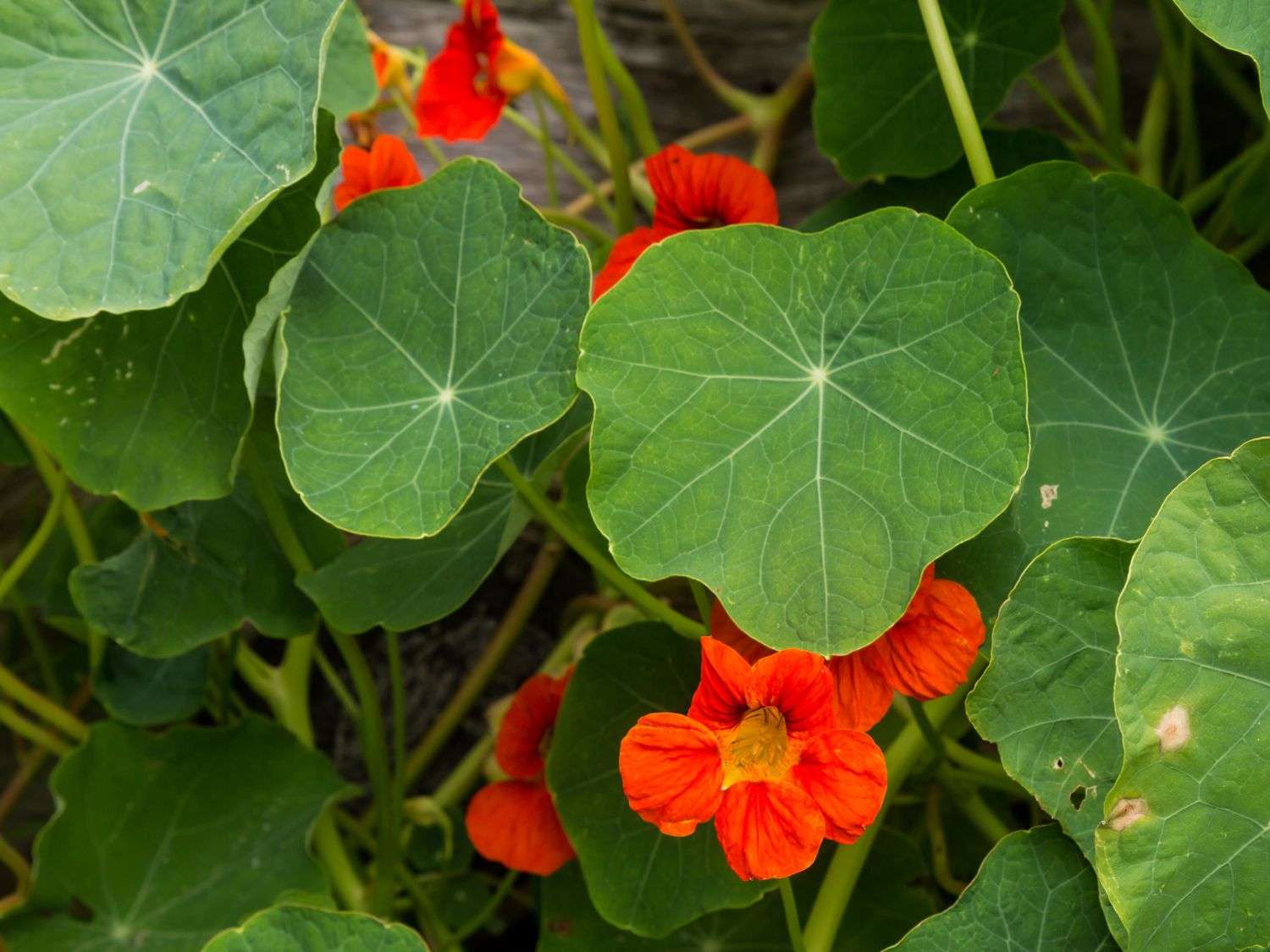
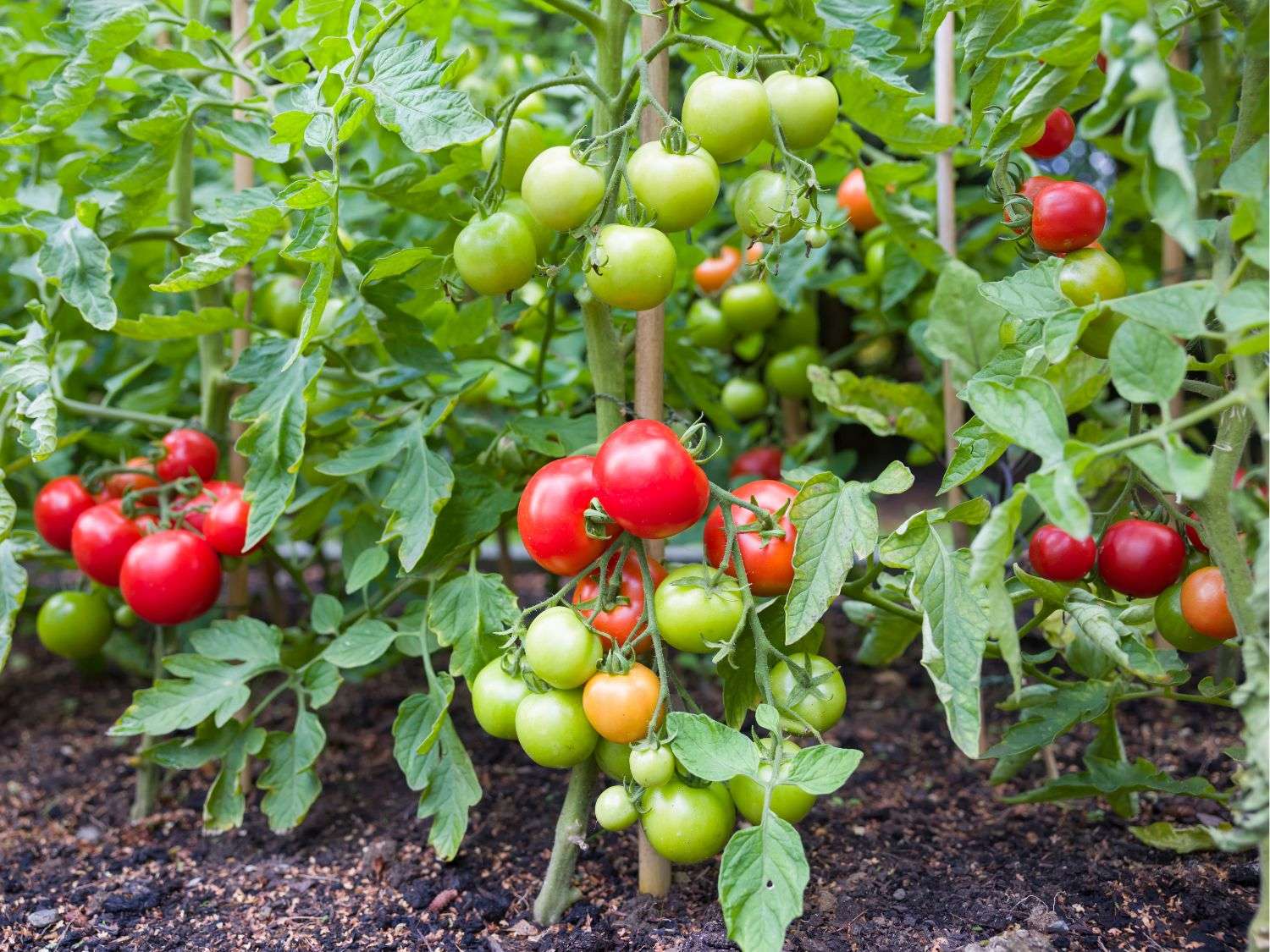
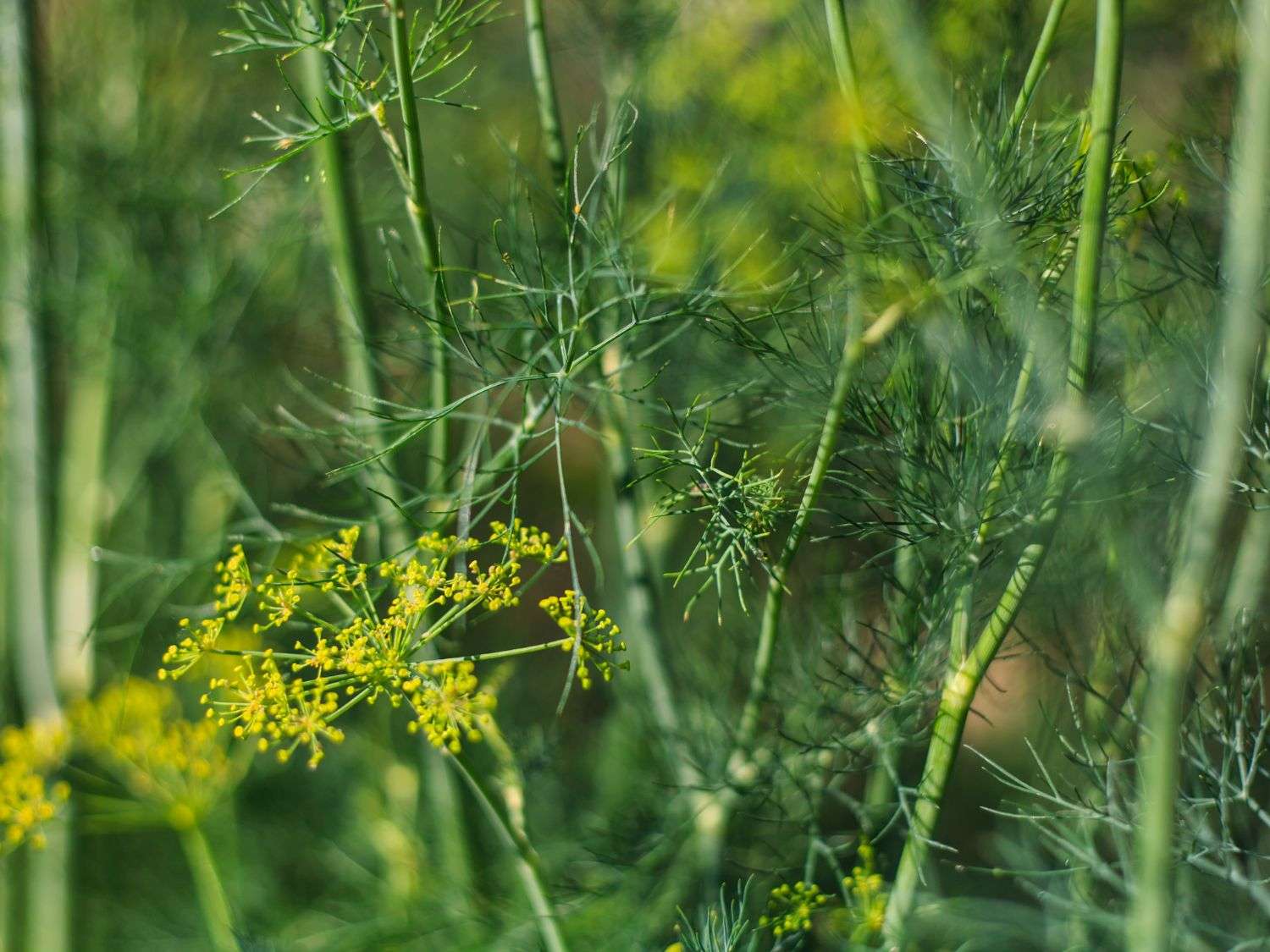
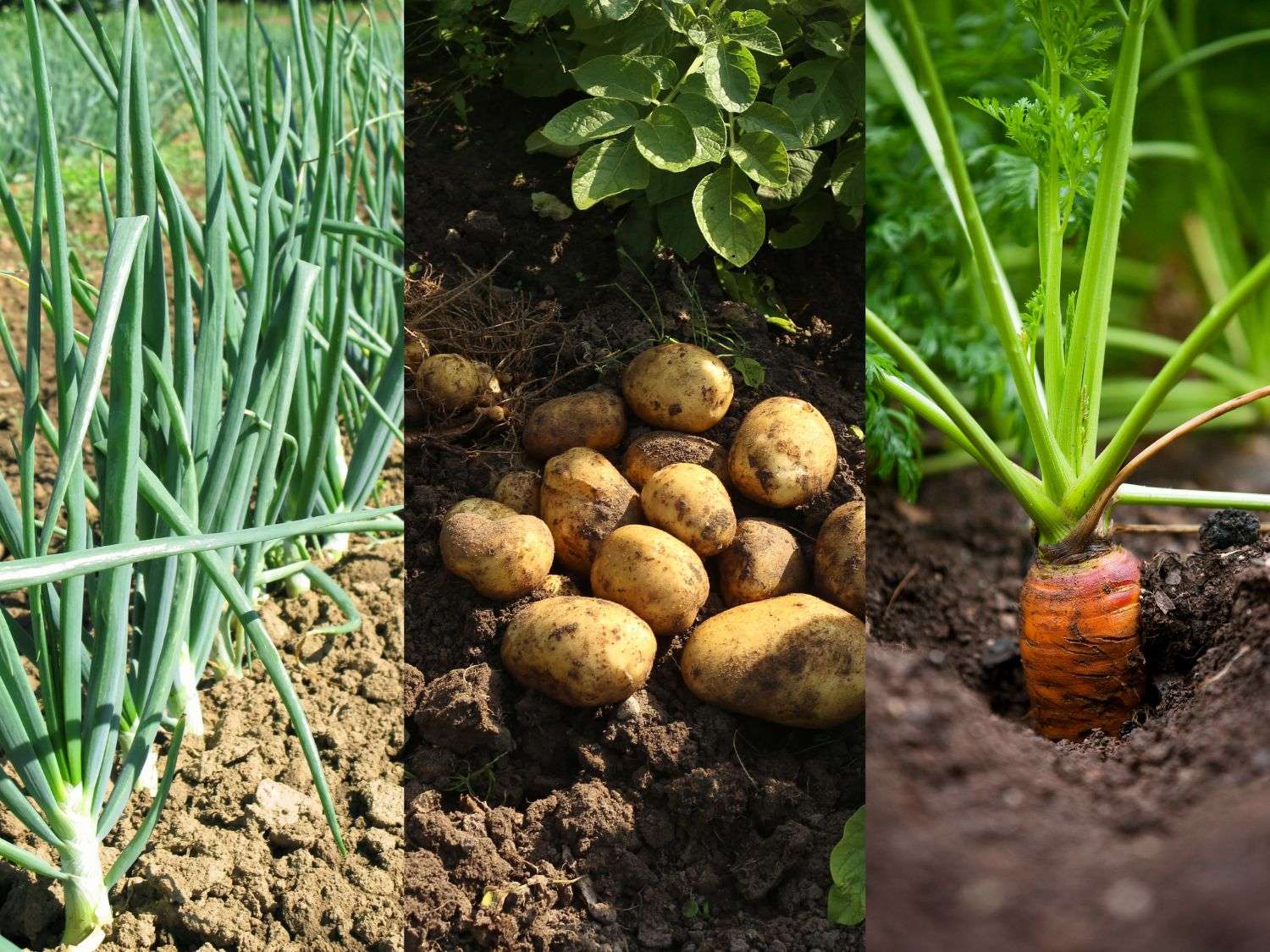



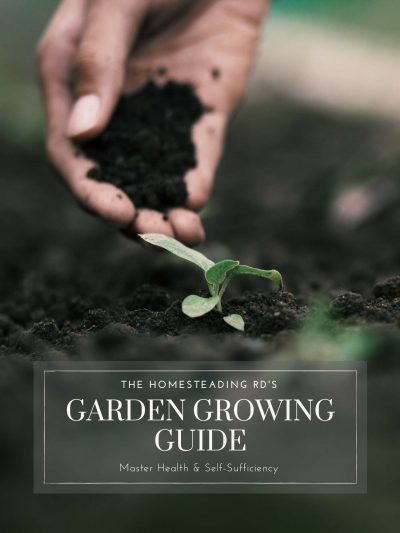
Can I plant asparagus in a container since it grows upright? Or does it need to have depth in a garden?
Great question! I think it’s technically possible, but it’s definitely best to grow them in the ground.